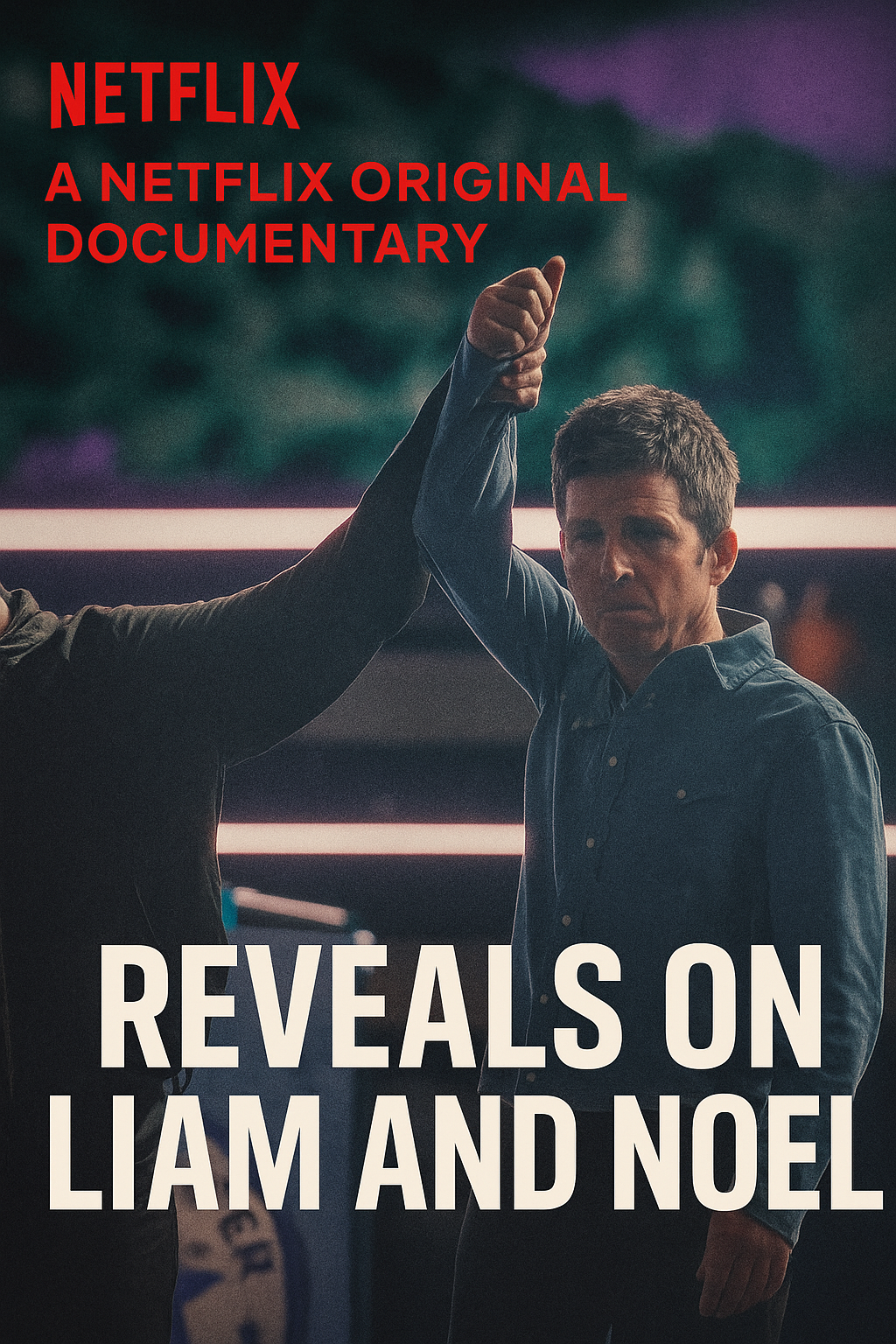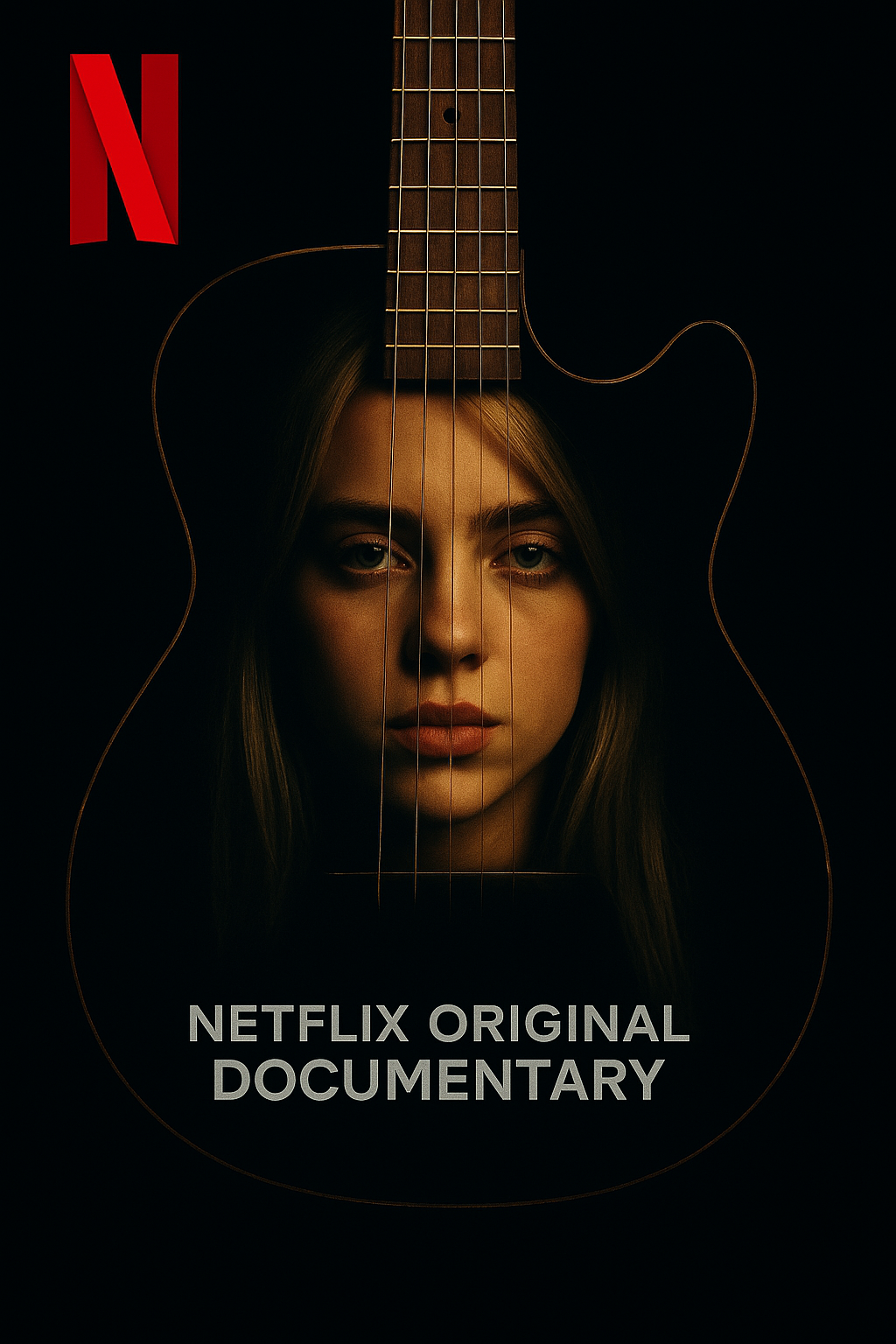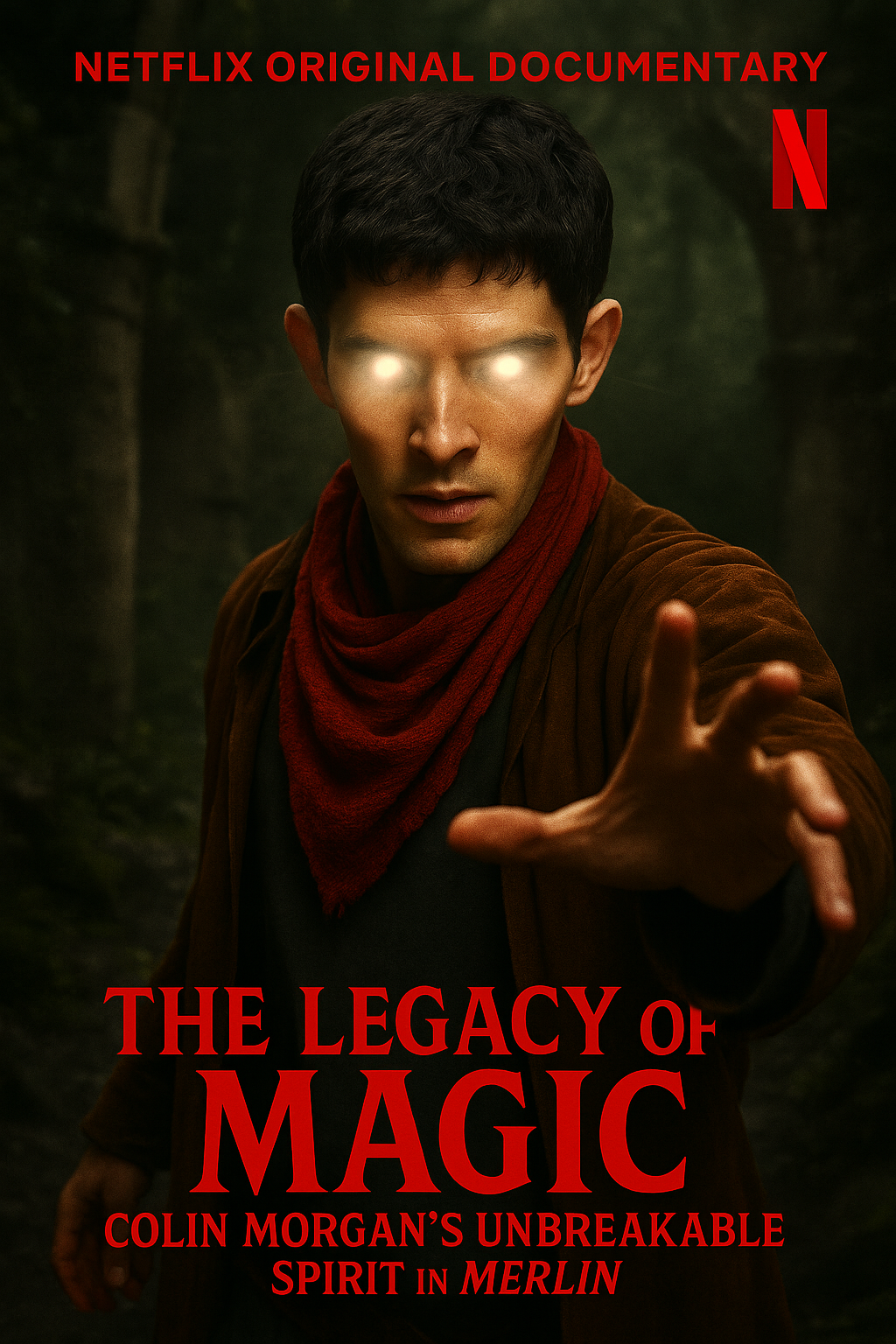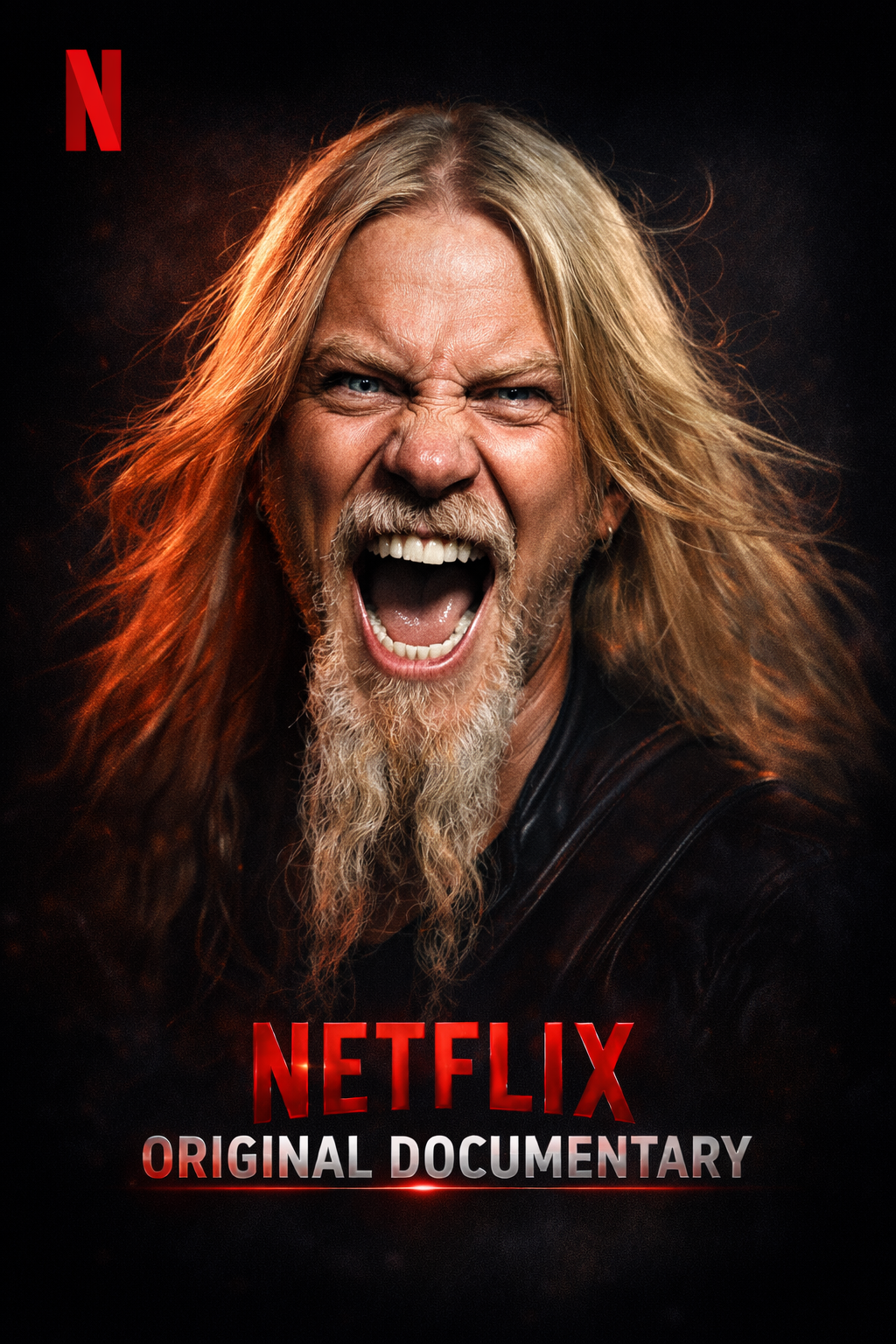The new Netflix documentary about Oasis isn’t just another trip down Britpop memory lane—it’s an unfiltered look into one of rock’s most volatile sibling duos. Liam and Noel Gallagher, the combustible forces behind Oasis, have always been larger-than-life characters, and this film leans into their mythos with unapologetic honesty. Through rare footage, candid interviews, and raw archival moments, the documentary doesn’t try to tidy up the chaos. It revels in it.
From the very beginning, it’s clear this is not a sugarcoated legacy piece. The documentary kicks off with the early ‘90s Manchester scene, a city as gritty as it was creatively electric. You see Liam’s swagger take shape, Noel’s songwriting brilliance emerging like a sharp blade, and the collision course the two were destined to ride. While their childhood is briefly touched upon, it’s the band’s rise—and the mounting tension—that fuels the real narrative.
As Oasis explodes into stardom, the documentary captures their meteoric rise with a visceral energy. The highs are euphoric: sold-out shows, screaming fans, chart-topping singles. “Definitely Maybe” and “(What’s the Story) Morning Glory?” aren’t just albums; they’re seismic cultural moments. The footage from their iconic Knebworth performance is as powerful today as it was in 1996. But even amidst the triumph, the Gallagher brothers’ relationship simmers with volatility.
Liam is portrayed exactly how fans know him—loud, unpredictable, magnetic. His charisma on stage is undeniable, but off-stage, his behavior becomes more erratic. Noel, on the other hand, is the cool, calculating genius behind the music. But he’s also cutting, dismissive, and at times, just as petty as his younger brother. The documentary doesn’t pick sides—it shows both as brilliant and infuriating in equal measure.
What’s especially striking is how much of their story is shaped by ego. The band was built on their combined talents but gradually torn apart by their need to control the spotlight. Arguments during recording sessions, backstage blowups, and even physical altercations were routine. It’s shocking and sad—and yet somehow, it feels like that chaos was part of what made Oasis so electric. The documentary captures this duality with surgical precision.
Throughout the film, there are moments of humor that cut through the drama. Liam’s one-liners are pure gold, whether he’s slamming his brother or praising himself in third person. Noel’s dry wit is on full display, too, particularly when he talks about surviving life in Oasis as “endurance art.” Their interviews—separate, of course—offer contrasting views on the same events, a reminder of just how fractured their perspectives have always been.
There’s also a deep emotional undercurrent that might surprise casual viewers. Buried beneath the bravado and barbs is a sense of loss—not just of the band, but of brotherhood. There are flashes of admiration in Noel’s tone when he talks about Liam’s voice, and Liam, in his own way, acknowledges Noel’s genius. It’s subtle, but it’s there: the recognition that their greatest work was forged together, even if they could never stand each other for long.
The film doesn’t shy away from the band’s decline. The last few years of Oasis are painted in increasingly bleak tones. Touring becomes a slog, the fights become uglier, and the music—while still strong—starts to carry the weight of fatigue. When the final breakup comes, it feels inevitable, like watching a slow-motion car crash you’re powerless to stop. There’s no dramatic reunion, no resolution. Just silence.
But maybe that’s the point. Oasis wasn’t meant to last. It was too combustible, too alive. The documentary seems to suggest that their music endures precisely because it was created in such a pressure cooker. The fact that they couldn’t get along only adds to the legend. The dysfunction wasn’t a flaw—it was part of the DNA.
Fans will come away with a deeper appreciation for the music, yes, but also a clearer understanding of the cost. Being in Oasis was never easy—for the brothers or anyone else around them. The documentary makes that abundantly clear. And yet, despite all the madness, the Gallagher brothers gave the world some of the most anthemic, soul-stirring music of the last 30 years.
For those who lived through the ’90s, the film is a nostalgic punch to the gut. For newer fans, it’s a compelling introduction to one of rock’s most infamous partnerships. Either way, the Netflix documentary doesn’t just tell the story of Oasis—it embodies it: loud, messy, unforgettable.
And in the end, you’re left wondering if we’ll ever see another band quite like them. Probably not. And maybe that’s for the best.



